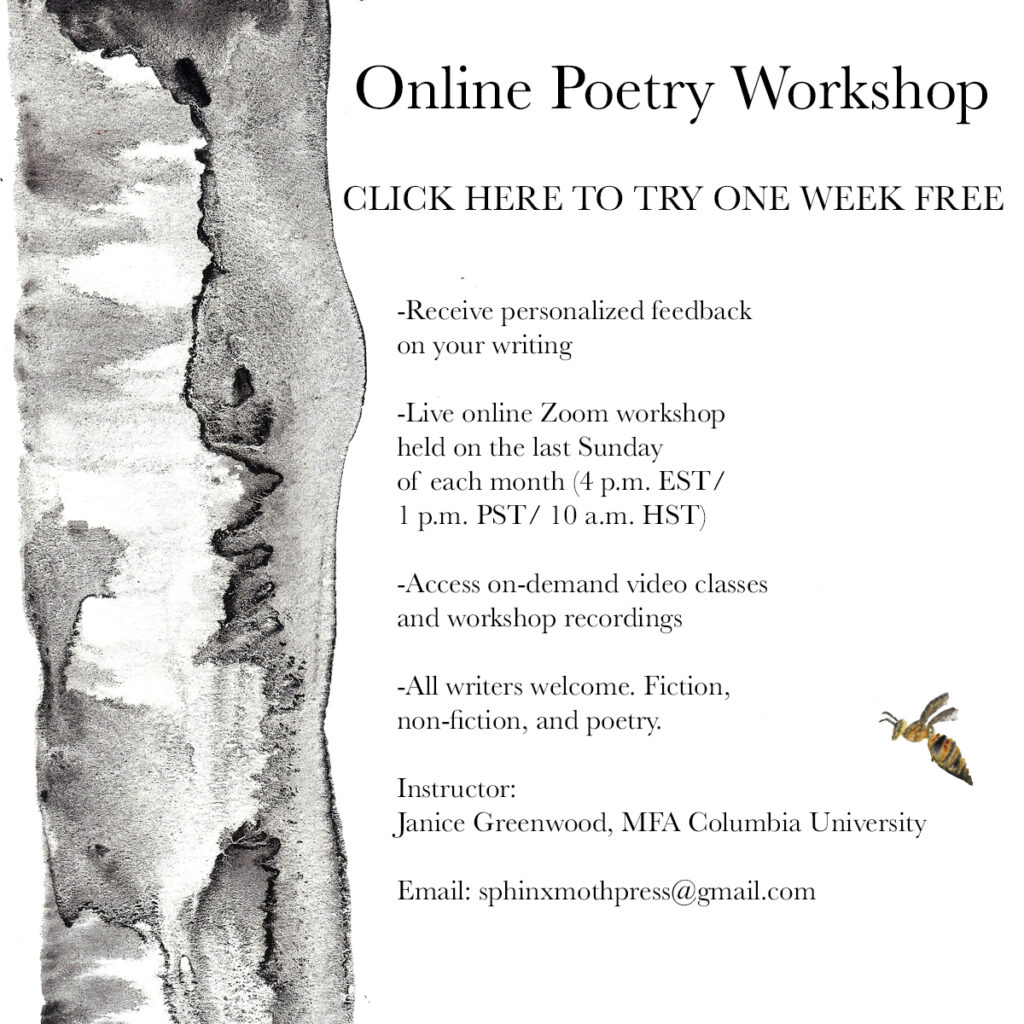On Oprah Daily you can find “40 Positive Affirmations to Add to Your Daily Rotation.” The first of these comes from Louise Hay: “I am at the right place at the right time, doing the right thing.” This is all well and good, unless you happen to be drunk and naked, running around Times Square with a knife. In that case—and I might be a little crazy for saying this—it is entirely possible you may not be doing the right thing, in the right place, at the right time.
I’ll say it right out: I don’t trust positive affirmations largely because I mistrust oversimplification. Love cannot exist without respect, self-love included. Self-love is therefore predicated upon self-respect. When we label, we reduce. When we reduce, we disrespect. This is not to say that a positive affirmation, or a compliment, or a truth spoken at the right place and time is disrespect. It is to say that words only hold their meaning in specific contexts. To demand that a word or phrase or person be one thing at all times is a form of disrespect.
In this way, the positive affirmation believed to hold true in all times, places, and contexts, is a form of self-disrespect and a failure to perceive the true source of self-love and self-esteem.
I can’t think about self-esteem without thinking about Joan Didion’s essay “On Self Respect” because without self-respect, there can be no self-esteem.
Self-respect, and self-esteem are not built on the sandy foundation of a dozen positive affirmations whispered into the mirror in the morning before the sun rises. Didion said it best: “The tricks that work for others count for nothing in that very well-lit back alley where one keeps assignations with oneself.” What use is the “kindness done for the wrong reason, the apparent triumph which involved no real effort, the seemingly heroic act into which one had been shamed”?
Positive affirmations are sold and packaged as a path toward self-love and self-esteem, but there’s a vast gulf between saying a positive affirmation to yourself and having self-esteem. The positive affirmation is a one-night stand with all the intensity, feeling, and illusion of love but none of the substance. Self-esteem and self-respect exist when we confront our own shortcoming and failures. Long-standing self-esteem, that is, self-esteem on solid ground, is like the 40-year old married couple that can look into each others’ eyes knowing that love lives in the disagreement and the agreement, which is to say that love of any type, self-love included, is predicated upon communication.
Communication with oneself, by which I mean self-honesty, may be the most difficult communication of all.
Positive affirmations offer a fixed story that doesn’t actually fix anything.
The word “fix” means many things; it can mean repair, but the word “fix” gets its origin from the Latin word for fasten, as in, to tie. To fix something is to secure it, to lock it in place. Life is motion, stasis its opposite. We stifle what we fix.
I do not want to fix myself.

Didion writes that character is the “willingness to accept responsibility for one’s own life.” We may tell ourselves stories in order to live, but it’s important that the story be true, accurate, and fully our own.
Michelle Obama may have asked, “Am I good enough?” And she may have answered, “Yes I am” in another one of the affirmations found on Oprah Daily, but to believe it, I believe Obama had to do a whole lot more than just say those words. Positive affirmations won’t bandage over moral turpitude, self-deception, and won’t salve the wounds that arise from failures of self-interrogation.
Self-respect comes from a kind of self-discipline that cannot be found in a self-help book. Self-respect is integrity. It is hard work.
It’s the: I said I was going to write this essay today, and so I will sit my ass on the chair and write it, dammit. It’s being reliable. As in, I said I’d be there at 9 and I was there at 9. I’m still a work in progress, especially about getting there at 9.
Perhaps my favorite of all the affirmations in Oprah Daily’s “40 Positive Affirmations to Add to Your Daily Routine” comes from Fred Rogers. He writes: “Who you are inside is what helps you make and do everything in life.” Perhaps what I love best about this positive affirmation is that it isn’t an affirmation at all. It’s about doing.
Self-love isn’t about a single positive affirmation. It’s about self-respect. It’s about knowing that anything in life involves risk, and taking the risk anyway, without attaching too of one’s self-worth to the outcome. In The Biggest Bluff, Maria Konnikova writes that in poker there’s always an element of chance and skill. You can’t change the hand you were dealt, but you can change how you choose to play it. Self-respect and self-love springs from how we choose to play the hand. Sometimes it’s a hand we have been dealt, and sometimes it’s a hand we dealt ourselves. We still have a choice in how we play the game.
“To have that sense of one’s intrinsic worth which constitutes self-respect is potentially to have everything: the ability to discriminate, to love, and to remain indifferent… If we do not respect ourselves, we are on the one hand forced to despise those who have so few resources as to consort with us, so little perception as to remain blind to our fatal weaknesses. On the other, we are particularly in thrall to everyone we see curiously determined to live out—since our self-image is untenable—their false notion of us,” writes Didion.
It is easy to read these words and believe them. More difficult to live them out. Who am I if I am not healing every lost soul because my soul is lost itself? Who am I if I am not playing Francesca to some poor Paolo?
Integrity is the key, but what a difficult one it is to hold. And what a heavy door of perception it opens.
Once upon a time I chased mad love in the hope that it would heal my oldest wounds. I wanted to redeem all the ways I thought love failed me. But love never failed me and it never failed you. The love that shines through all of us shines just as brightly even when we close the shades. You can close the shutters, but the light’s still in there.
Nothing true can be broken.
My mistake was thinking I had control over the light, over love.
Self-love has always been in me because love never left me. Self-respect is the process of seeing this love rightly and putting it first.
What I have learned about forgiveness is that it’s ultimately about self-reconciliation. We tell ourselves stories in order to live, but often those stories are distorted, and outright false. Self-respect is the hard work of seeing oneself rightly. All the positive affirmations in the world won’t fix you if you can’t look at yourself in the mirror and see the light.

About the Writer
Janice Greenwood is a writer, surfer, and poet. She holds an M.F.A. in poetry and creative writing from Columbia University.
